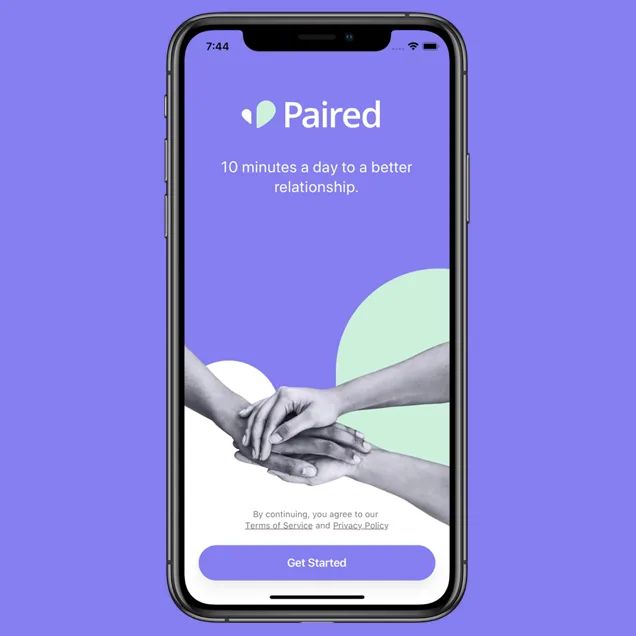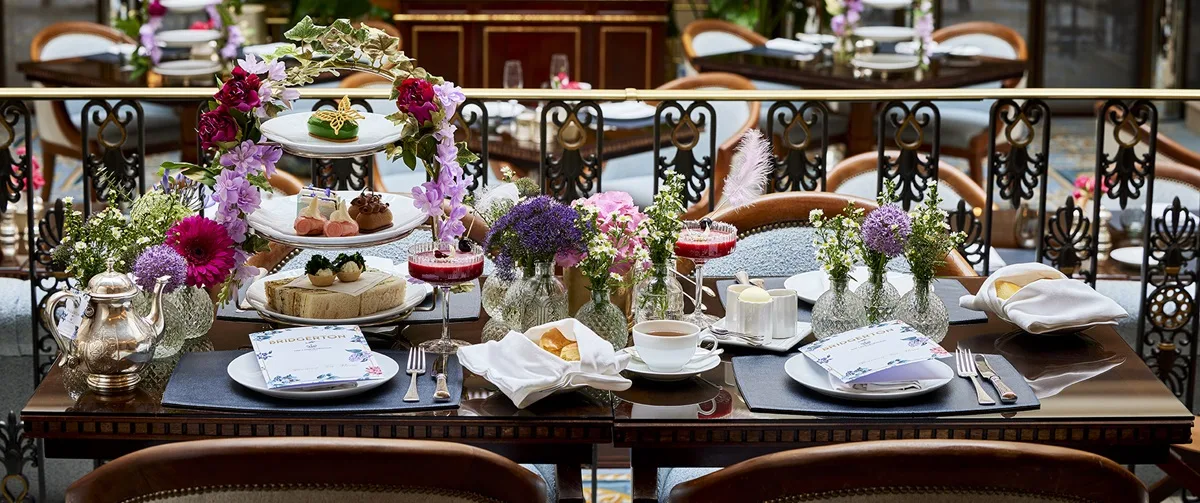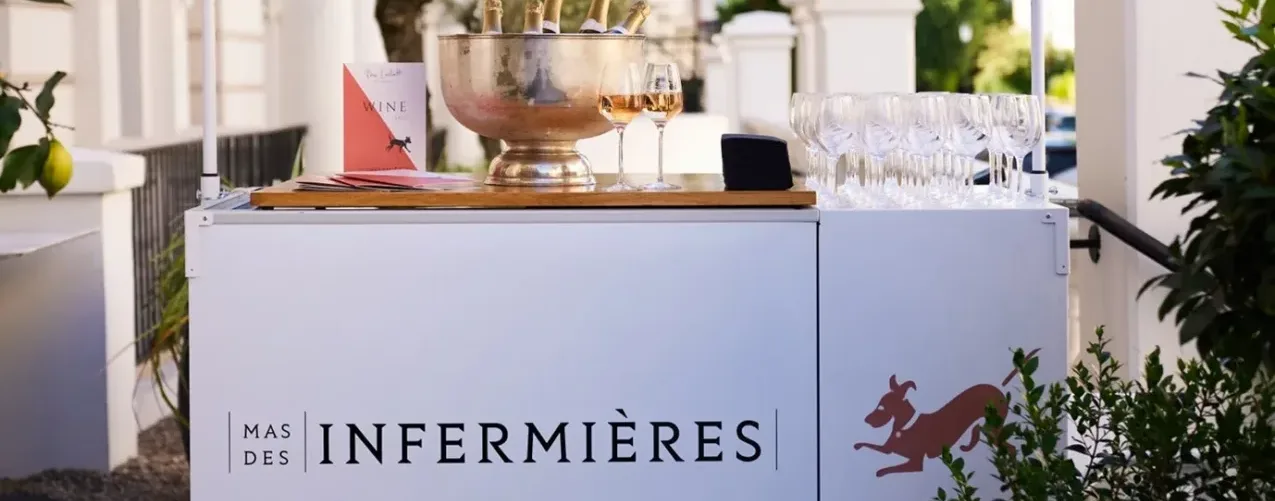How have your relationships fared this year? As we well know, 2020 has been excellent at turning everything on its head. What better than the total crisis of a global pandemic to give you a newfound sense of perspective on your relationship? Only 63% of people reported that their relationship had stayed much the same during lockdown – 26% of relationships improved, whilst 11% worsened. I have a feeling that this will only be the tip of the iceberg. As we emerge shell-shocked from the past few months, divorce lawyers are expecting a “post-lockdown relationship reckoning”, meaning honeymoon periods abruptly ending and already-struggling relationships reaching their moment of judgement.
I hope though that another, happier perspective may have been gained too. That 26% of relationships that have improved during lockdown feels quietly significant. Uncertainty brings into focus how important our loved ones are to us; now more than ever, it is time to invest in our relationships, to cherish what we have.
As it stands, one in four relationships report being “distressed” at any given time, 40-50% of marriages end in divorce and a quarter of a million couples separate every year in the UK alone. In plain terms, that is a lot of heartbreak; But it is also a lot of social and economic upheaval. The annual cost of separation and family breakdown is estimated at £44 billion, not to mention the myriad ways that our relationships, and therefore any breakdown of them, impact our mental health and physical wellbeing and that of our families. The state of our romantic relationships is one of significant socio-economic concern and a public health issue.
This impact that our relationships have on us is not surprising: they are often the single most important part of our lives. Yet, as a nation, we are extremely reluctant to talk about them, much to our detriment.
Paired is a new app that encourages us to talk about our love lives…

This summer, research I conducted with The Open University and the new app Paired found that over six in ten (62%) of UK adults do not speak to anyone for relationship advice – not friends, family or even the Internet. The figure jumps to 70% among men – a worrying, but sadly unsurprising, nod to the stereotype that men often choose to suffer in silence, rather than speaking out about their feelings. The study showed a clear generational divide – 8 in 10 of those over 55 wouldn’t go to anyone for relationship advice, compared with two-thirds of those between 45-54 and only 3 in 10 of 18-24 year-olds – but it found no variation between levels of earning or social class. If this doesn’t apply to you, then likelihood is that it will to your parents, children, siblings or friends. This is a problem for all of us.
Put simply, we need to start getting comfortable speaking about our love lives. Let’s face it, it’s not like we don’t need the help. Even more so now, our stress levels and bank balances are fraught as it is without adding heartbreak. Yet the pandemic, whilst accentuating this need to hold on to what is good, to cherish our loved ones, has also drastically reduced face-to-face contact; those vital nuggets of time with friends, family or co-workers, in which we can confide.
So, how to get talking when we are covered in facemasks, chatting through screens or sick of the sight of our partner after months locked in the house together? In my 20 years of research, I’ve found that the secret to good quality relationships is often in the detail. A cup of tea, in all its mundane comfort, can mean the world. A TV series, binged together night after night, laughed or cried at together, can act as valuable shared experience. These small moments might be often the first to be sacrificed in the whirlwind of a day, but can make the hugest difference in making one another feel valued and they open up opportunities for good communication. It’s the philosophy that Paired was founded on: 5 minutes a day dedicated to our relationships (in Paired’s case, by answering an often-fun, sometimes more searching, question about your love life) is a sure-fire way to make them happier and healthier over time.
These routine relationship maintenance behaviours – little acts of kindness, shows of affection and crucially, good communication – are the key to the success of long-term relationships. Plus, one other thing, which is a piece of my research that feels the most pertinent to now, overcoming challenges and pulling together during adversity has been proven, time and again, to make a relationship stronger than it was before. Now is the time to put the work in. We need love more than ever, and the rewards are sure to be plenty.
About the author:
Jacqui Gabb is Professor of Sociology and Intimacy at The Open University, where she has been studying couple and family relationships for more than 20 years, seeking to uncover the secrets to long-term relationships. She is also Chief Relationship Officer at Paired, an app aimed at encouraging all of us to get talking about our love lives.














Show Comments +